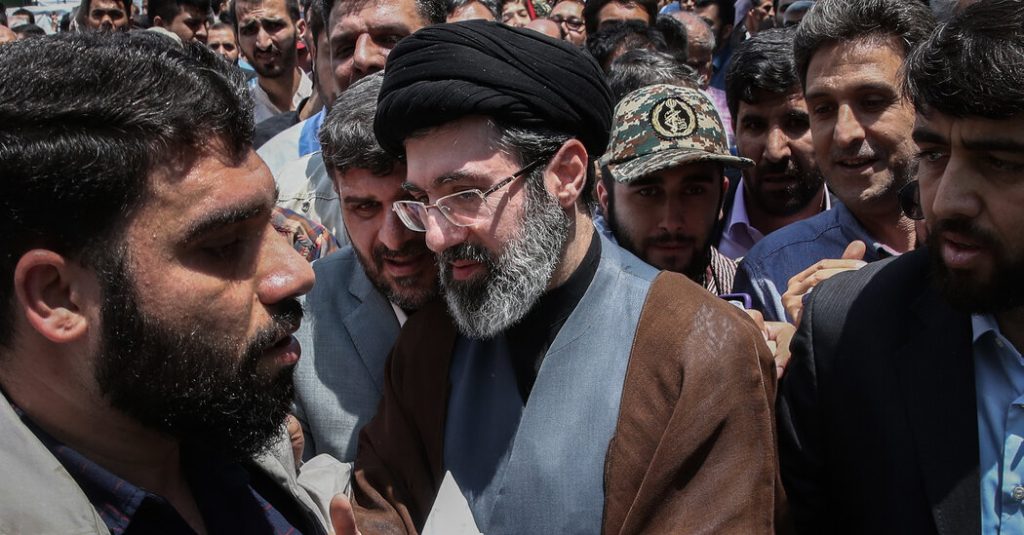Mojtaba Khamenei, the son of Iran’s supreme leader Ayatollah Ali Khamenei, has long been speculated as a potential successor to his father. The recent death of Iran’s president, Ebrahim Raisi, has reignited these rumors and raised questions about the future leadership of the country. Despite his powerful influence in Iranian politics, Mojtaba Khamenei remains largely unknown to the public, with little public appearance or overt involvement in political affairs.
Despite his relatively low public profile, Mojtaba Khamenei has garnered support from some within Iran’s political establishment who believe he should succeed his father. At 55 years old, he is a conservative hard-liner with ties to the clerical elite and the Revolutionary Guards. While he may lack the religious credentials traditionally seen as necessary for becoming the supreme leader, he is seen as adept in political maneuvering and has connections within Iran’s security apparatus.
The idea of a hereditary succession to the office of supreme leader goes against the principles of the Islamic Republic, which sought to end hereditary rule after the 1979 revolution. Critics argue that such a move would signal the death of the entire system, as it would concentrate power within the hands of a single family. However, the opaque nature of Iran’s political system makes it difficult to predict the outcome of the succession process.
Mr. Khamenei’s involvement in past political events, such as the 2005 election of Mahmoud Ahmadinejad and the 2009 protests against the reelection of Ahmadinejad, has raised concerns among opposition activists. Rumors of his potential succession have also sparked public backlash, with some protesters chanting against his ascension to supreme leader. Despite these challenges, Mr. Khamenei’s influence within Iran’s political landscape continues to grow.
While Mr. Khamenei teaches at a major seminary in Qom, his credentials as a religious leader have been disputed by other clerics. This could pose a barrier to his potential ascension to the role of supreme leader, which traditionally requires a high rank within the Shiite clerical hierarchy. However, his political connections and influence within Iran’s security apparatus may help him navigate the complexities of the succession process.
Ultimately, the future of Iran’s leadership remains uncertain, with no clear indication of who will succeed Ayatollah Ali Khamenei. The opaque nature of the succession process, combined with the lack of transparency in Iran’s political system, has led to widespread speculation and uncertainty among both the Iranian public and the international community. As the country grapples with the aftermath of President Raisi’s death, the question of who will emerge as the next leader of Iran remains unresolved.








